Bhutan – turning happiness into money
Swiss photographer Adrien Golinelli’s fascination with Bhutan started early in his life and was without doubt linked to the fact that he was born and grew up close to nature, and – above all – to the mountains.
“I viewed Bhutan as a kind of Switzerland of Asia, just without the destructive sides of modernity. A kind of lost paradise, where people would live in full harmony.
I finally visited Bhutan in 2012, and although I had acquired a more realistic image in the meantime, it was a big shock nonetheless because the reality is quite different. Strangely enough, almost everybody, including people who write about Bhutan in the media, have kept this idealistic image – the very one that I had when I was a kid.
Bhutan is about the same size as Switzerland. Both countries sit between their much larger and more powerful neighbours. They formed an identity that owes much to their mountainous landscape and the pride of never having been colonised.
The particular relationship between Switzerland and Bhutan dates back to personal contacts between the king and a Swiss industrialist in the 1950s. The Schulthess-Rechberg family were the first to engage in development projects in Bhutan financed on an entirely private basis.
In the 1970s these projects were taken over by Helvetas and other Swiss NGOs and became a success story in agriculture, forestry and dairy farming as well as the training of teachers and building of suspension bridges.
Today, Switzerland supports the still young democracy of Bhutan mainly with the building of institutions and good governance guidelines.
However, the Bhutan of our dreams doesn’t exist and remains an unattainable promised land, more like a giant construction site than a country, with an incessantly bloating capital and every river shackled by giant dams. It is a land carved into pieces by roads and quarries. It was once the poorest country in Asia, and to hide its rags the concept of Gross National Happiness was proposed, cannily replacing the near-nonexistent Gross National Product.
The true Bhutan has one foot in the Middle Ages and one in globalisation. It is indeed a country of storytelling. The country has since morphed into a modern economy where business is now conducted as elsewhere. Gross National Happiness has become an excellent marketing tool, worked to its maximum to attract luxury tourism, limiting its visitors to only the most wealthy, exactly those who believe themselves to be entering into the Bhutan of fairy tales.”
Adrien Golinelli studied literature at the University of Geneva. Passionate about geopolitics, he has travelled to more than 40 countries. He places people at the heart of his work and through the individual he tries to reflect on the economic models and their social implications. His series “Behind the Scenes”, realised in North Korea, was awarded the Young Talents Paris Photo 2012.
Photos by Adrien Golinelli are on display at the Focale galleryExternal link in Nyon from August 10 to September 21, 2014.
(Images, text and captions by Adrien Golinelli)


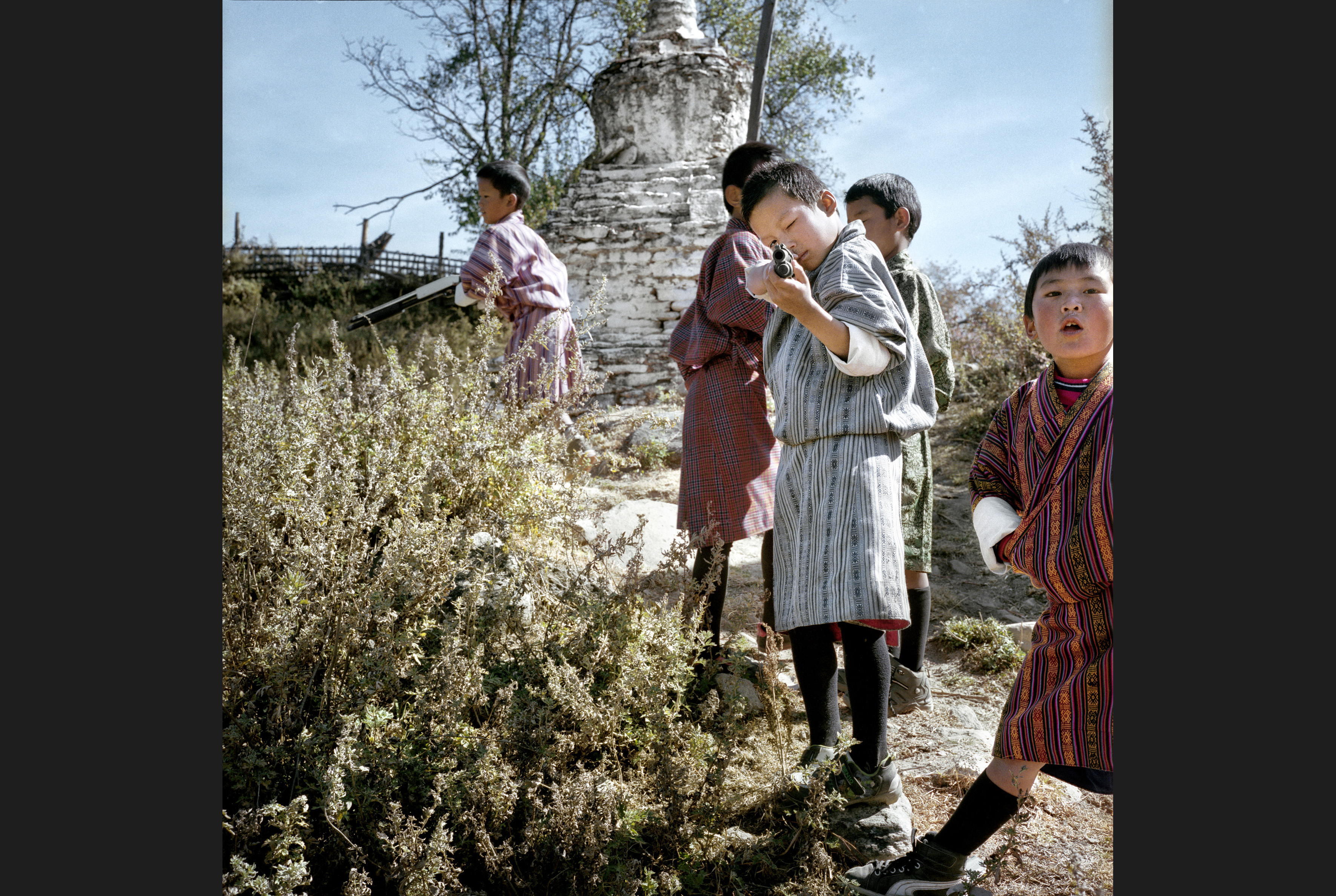

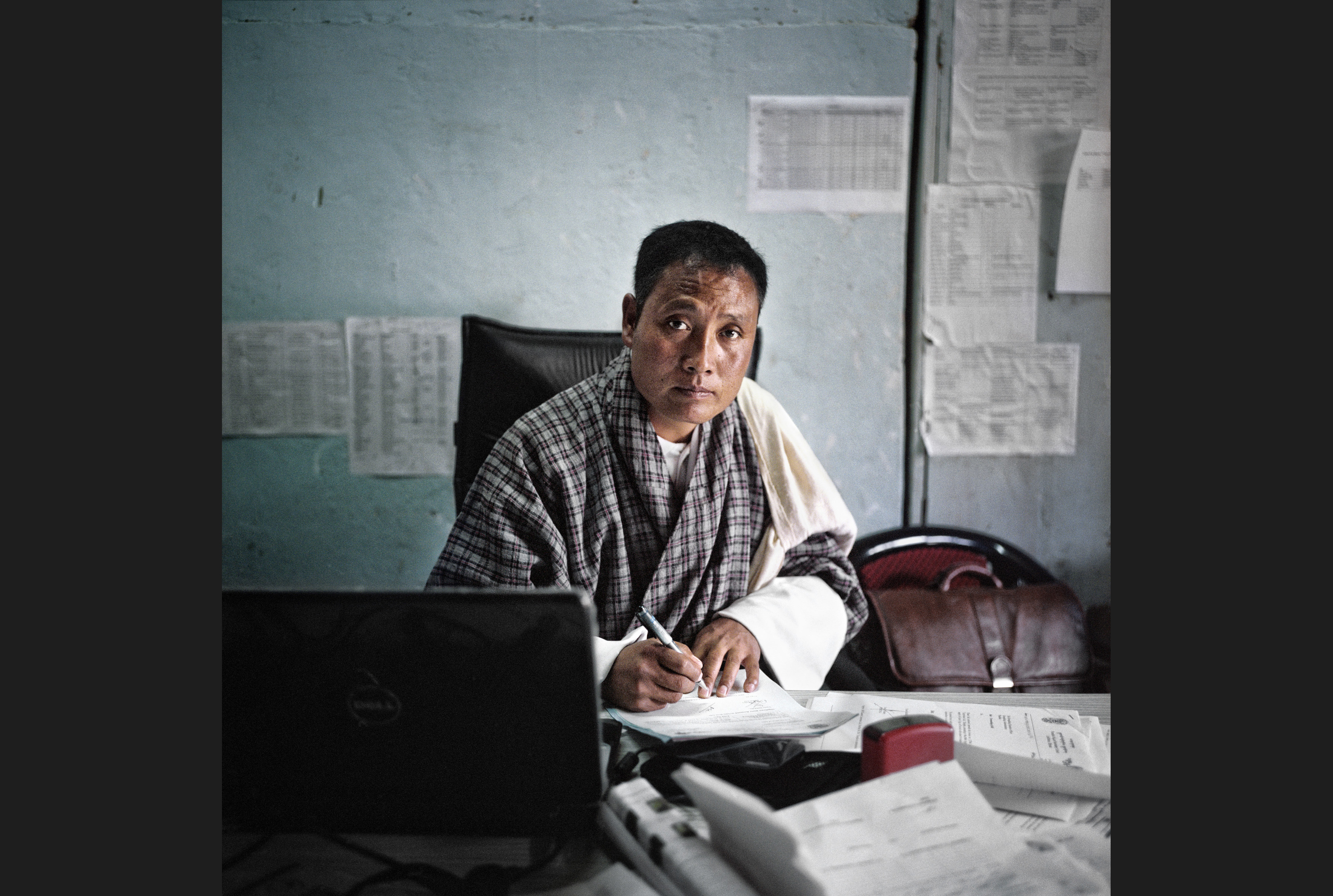
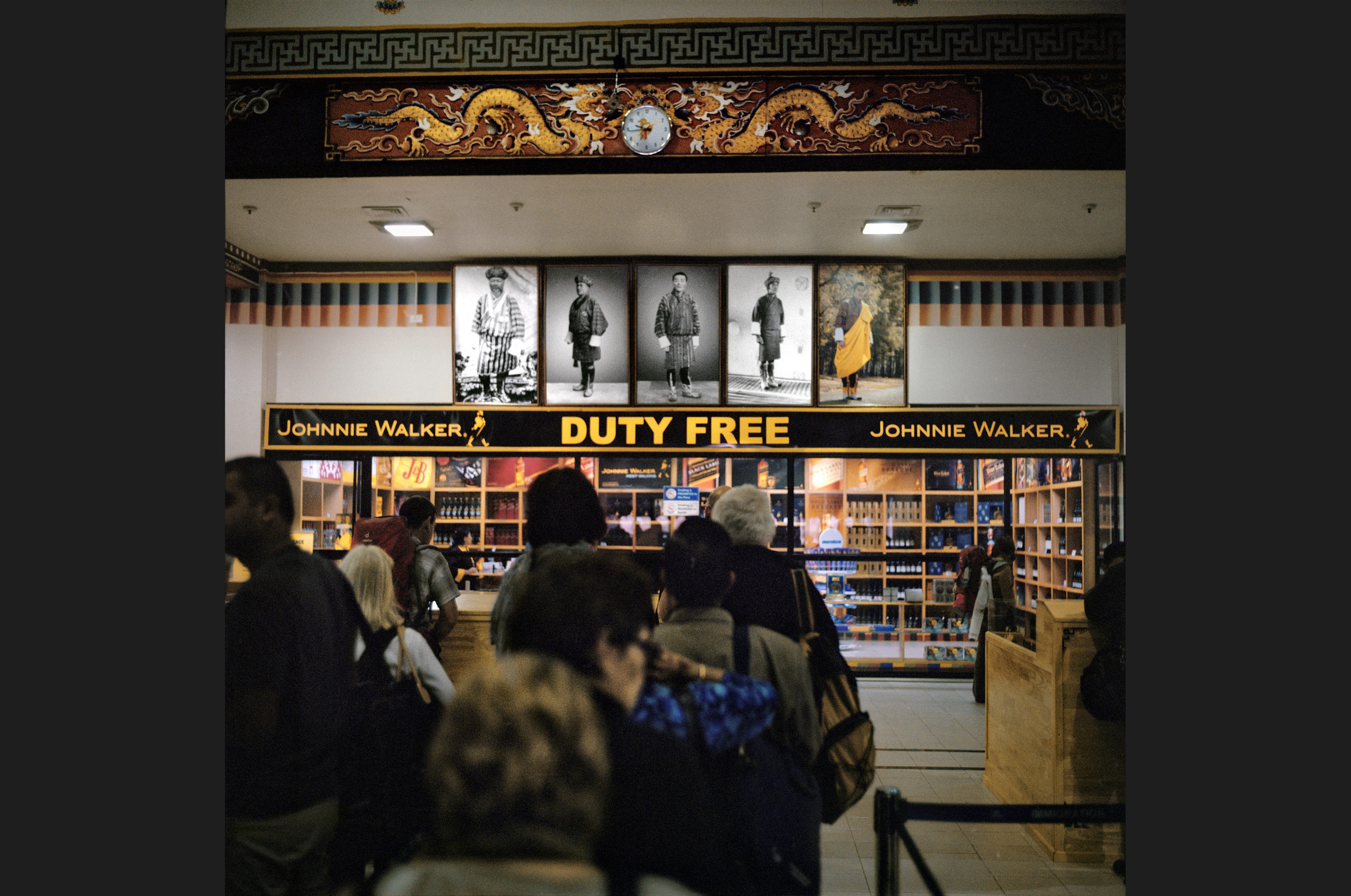
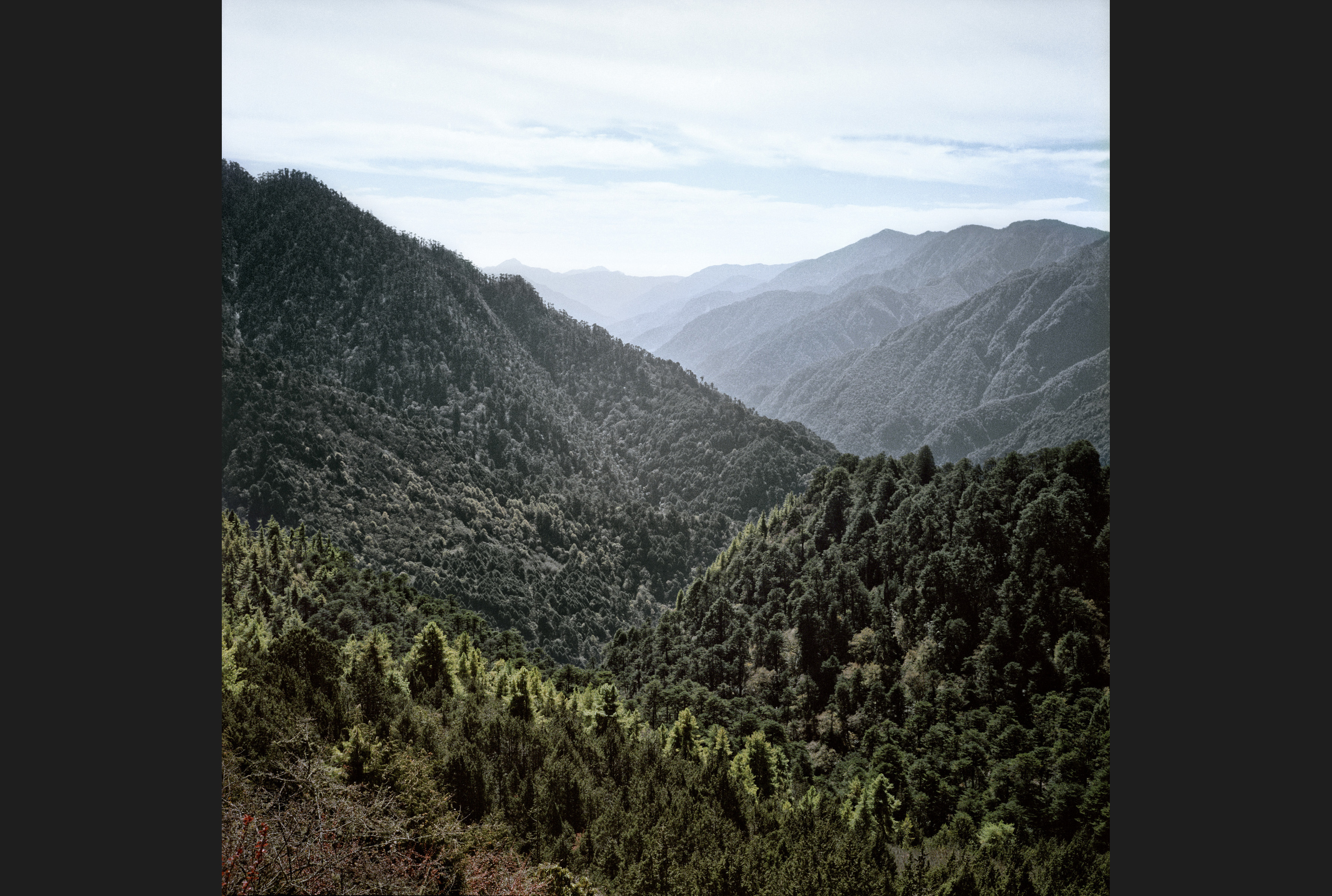


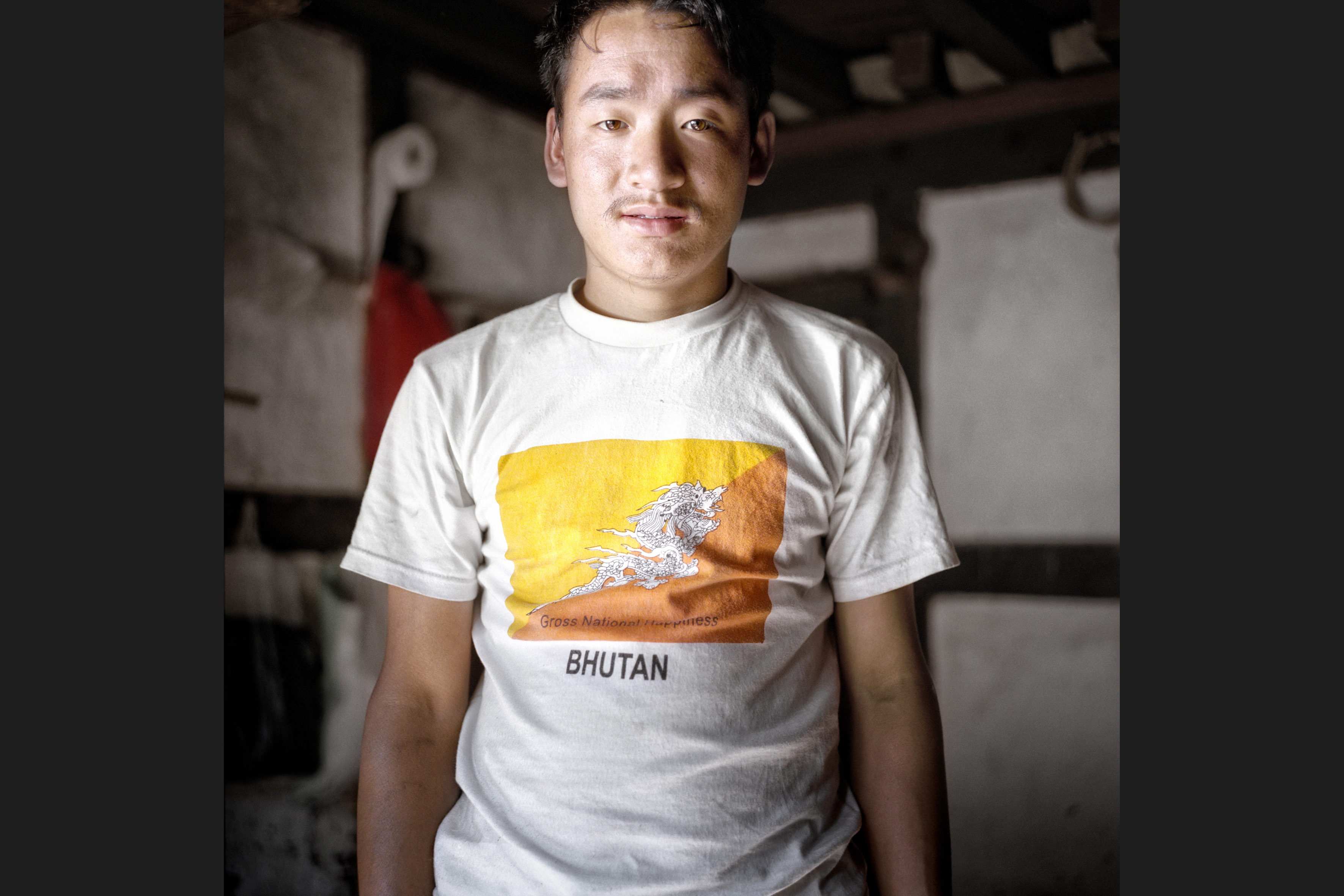


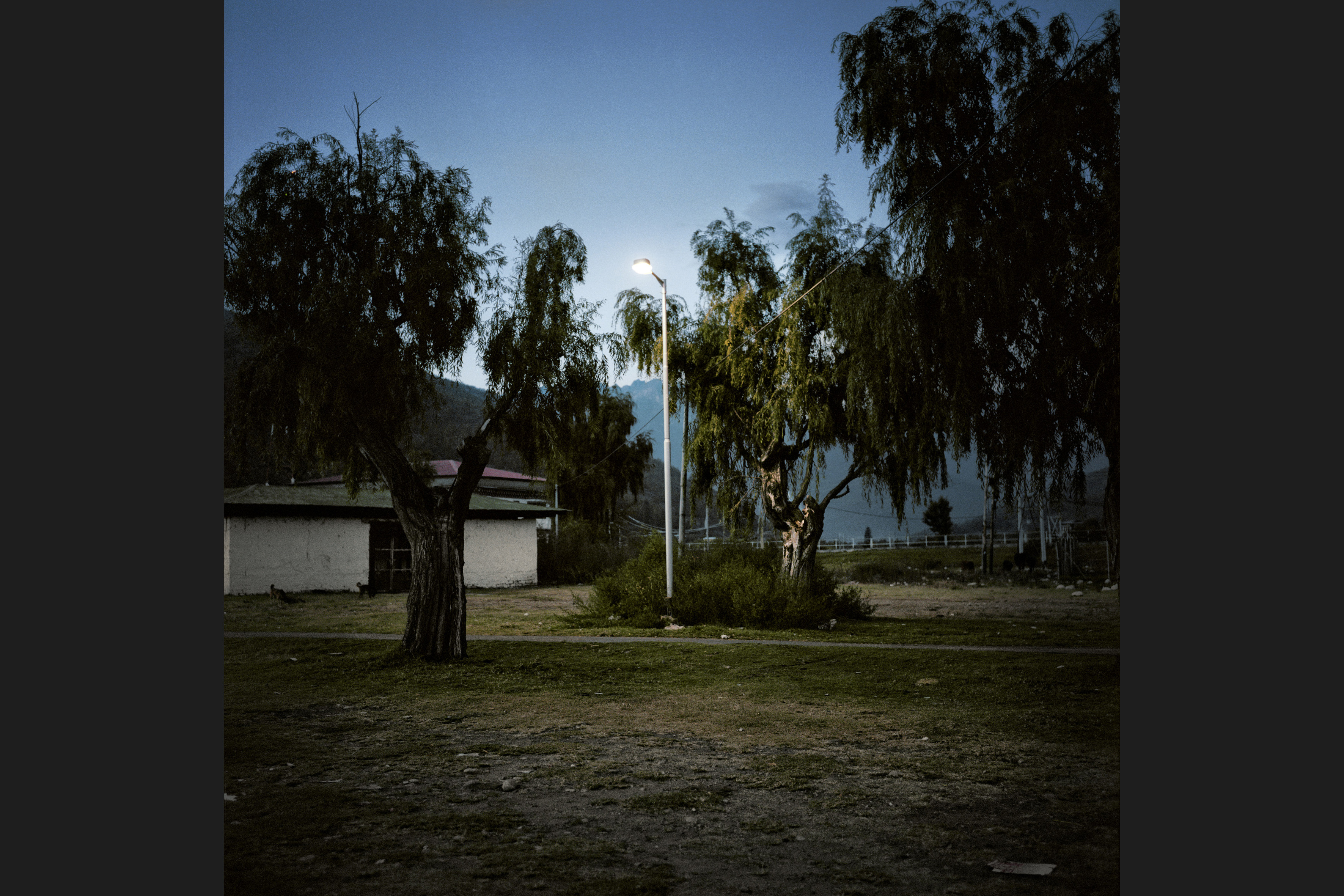



You can find an overview of ongoing debates with our journalists here . Please join us!
If you want to start a conversation about a topic raised in this article or want to report factual errors, email us at english@swissinfo.ch.